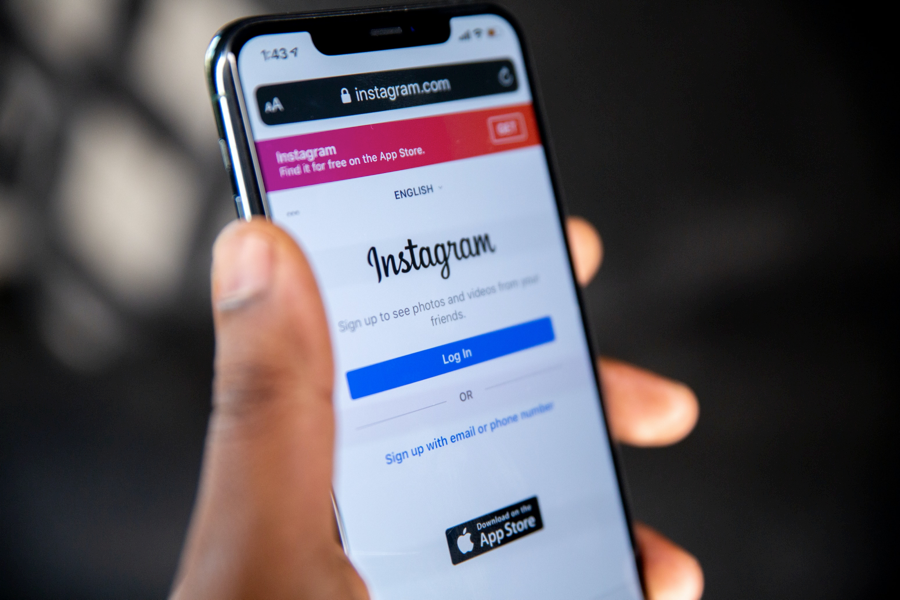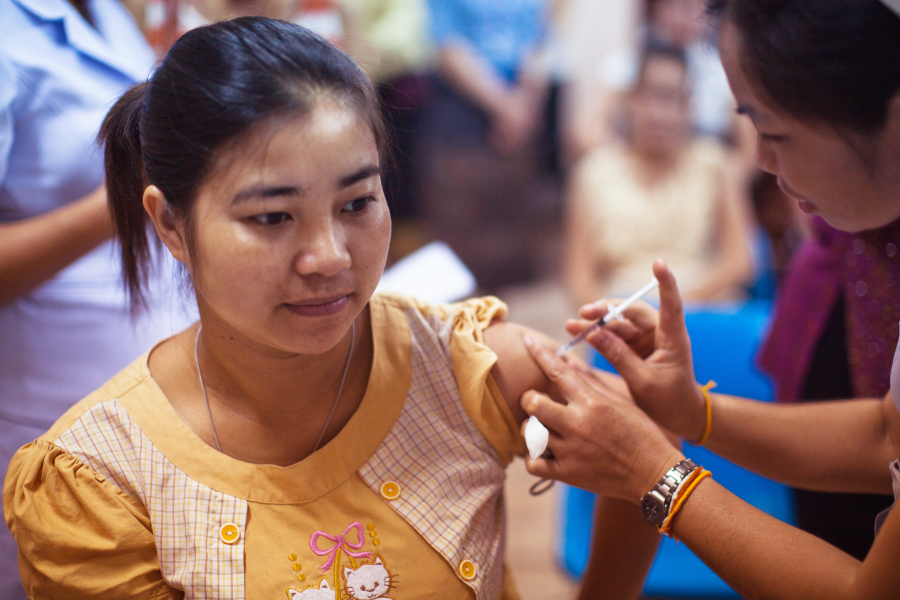
NEWS & RESEARCH
Using Social Media for Health Promotion: Leveraging Digital Platforms
-
 EveryNurse Staff
EveryNurse Staff
- Last Updated: 07/04/2023

In today’s digital age, social media has become an integral part of our lives, transforming the way we connect, share information, and engage with the world around us. The rise of social media platforms has not only impacted our personal interactions but has also revolutionized various industries, including healthcare.
Leveraging the power of social media for health promotion has proven to be a game-changer, enabling healthcare organizations to reach a vast audience, raise awareness about health-related issues, and drive positive behavioral change. In this article, we will explore the benefits and potential of using social media for health promotion and discuss practical strategies for maximizing its impact.
The Rise of Social Media in Health Promotion
Digital platforms have evolved significantly over the years, and their influence in healthcare has grown exponentially. Traditional methods of health promotion, such as brochures and pamphlets, have given way to the dynamic and interactive nature of social media. Social media platforms provide a space where individuals can access health information, share their experiences, and engage with healthcare organizations and professionals.
This shift has had a profound impact on health awareness, empowering individuals to take charge of their well-being and fostering a sense of community among those interested in health and wellness.
The Impact of Social Media on Health Awareness
Social media has emerged as a powerful tool for raising health awareness on a global scale. Platforms like Facebook, Twitter, Instagram, and YouTube have become hubs of health-related conversations, where individuals can access reliable information, engage in discussions, and share their stories. Health organizations, both large and small, have recognized the potential of social media to disseminate accurate and timely health information, debunk myths, and promote preventive measures.
By harnessing the reach and accessibility of social media, healthcare professionals can bridge the gap between medical expertise and the general public, empowering individuals to make informed decisions about their health.
The Future of Social Media in Health Promotion
The future of social media in health promotion is promising, with endless possibilities for innovation and impact. As technology continues to advance, social media platforms can leverage emerging technologies like artificial intelligence and virtual reality to deliver personalized health interventions.
Imagine a world where individuals receive tailored health recommendations based on their social media activity and engagement, or where virtual support groups provide a sense of belonging to those facing similar health challenges. The integration of social media and healthcare has the potential to revolutionize how we approach health promotion and improve overall health outcomes.
Benefits of Using Social Media for Health Promotion
Increased Reach and Engagement
One of the primary advantages of social media is its ability to reach a wide audience. With billions of users worldwide, social media platforms provide an unprecedented opportunity to connect with individuals across demographics and geographical locations. By crafting compelling content and utilizing targeted advertising, health organizations can extend their reach beyond traditional marketing channels and engage with a diverse audience interested in health and wellness.
Cost-Effective Marketing Strategies
Real-Time Feedback and Interaction
Social media platforms facilitate real-time feedback and interaction between healthcare organizations and their audience. Individuals can ask questions, seek clarification, and provide feedback directly to healthcare professionals. This immediate and interactive communication fosters trust, enhances transparency, and allows organizations to address concerns promptly. It also provides an avenue for healthcare professionals to share updates, respond to emerging health issues, and build a sense of community.
Popular Social Media Platforms for Health Promotion
Several social media platforms have emerged as powerful tools for health promotion. Understanding the features and strengths of each platform can help healthcare organizations tailor their content and engagement strategies effectively:
Instagram is a visually driven social media platform that offers a unique opportunity for health organizations to engage with their audience through captivating images, videos, and storytelling. With its emphasis on aesthetics and creativity, Instagram is ideal for showcasing healthy lifestyles, fitness routines, nutritious recipes, and inspiring transformation stories.
Health organizations can leverage Instagram’s features like IGTV (Instagram TV) to share longer videos, Instagram Stories for behind-the-scenes glimpses, and interactive features like polls and quizzes to encourage audience participation. By utilizing relevant health and wellness hashtags, collaborating with influencers, and maintaining a visually cohesive feed, healthcare organizations can build a community of followers who are passionate about health and wellness, fostering a positive impact on their audience’s well-being.
TikTok
TikTok has gained significant popularity, especially among younger demographics. Its short-form video format encourages creativity and allows for engaging health-related content. Healthcare organizations can leverage TikTok to share health tips, debunk myths, and participate in trending challenges to capture the attention of younger audiences.
YouTube
YouTube is a popular platform for sharing educational videos, interviews with experts, success stories, and informative content. Healthcare organizations can create their own channels, upload visually appealing videos, and utilize YouTube’s search engine optimization features to reach a broader audience.
Developing a Successful Social Media Strategy for Health Promotion
Identifying Your Target Audience
Understanding your target audience is crucial for tailoring your content and engagement strategies. Research their demographics, preferences, and needs to ensure your messaging resonates with them effectively. Use analytics tools provided by social media platforms to gain insights into your audience’s behavior and adapt your approach accordingly.
Creating Engaging and Informative Content
Utilizing Hashtags and Keywords for Increased Visibility
Collaborating with Influencers and Health Professionals
Final Thoughts
Social media has emerged as a powerful tool for health promotion, providing unprecedented reach, engagement, and cost-effective marketing strategies. By leveraging popular platforms like Facebook, Twitter, YouTube, and TikTok, healthcare organizations can connect with a wide audience, raise health awareness, and drive positive behavioral change.
The future of social media in health promotion holds immense potential for personalized interventions, virtual support networks, and innovative approaches to improving health outcomes. As we navigate the digital landscape, embracing social media as a key component of health promotion can unlock new possibilities for transforming individual and community health.
Read More















